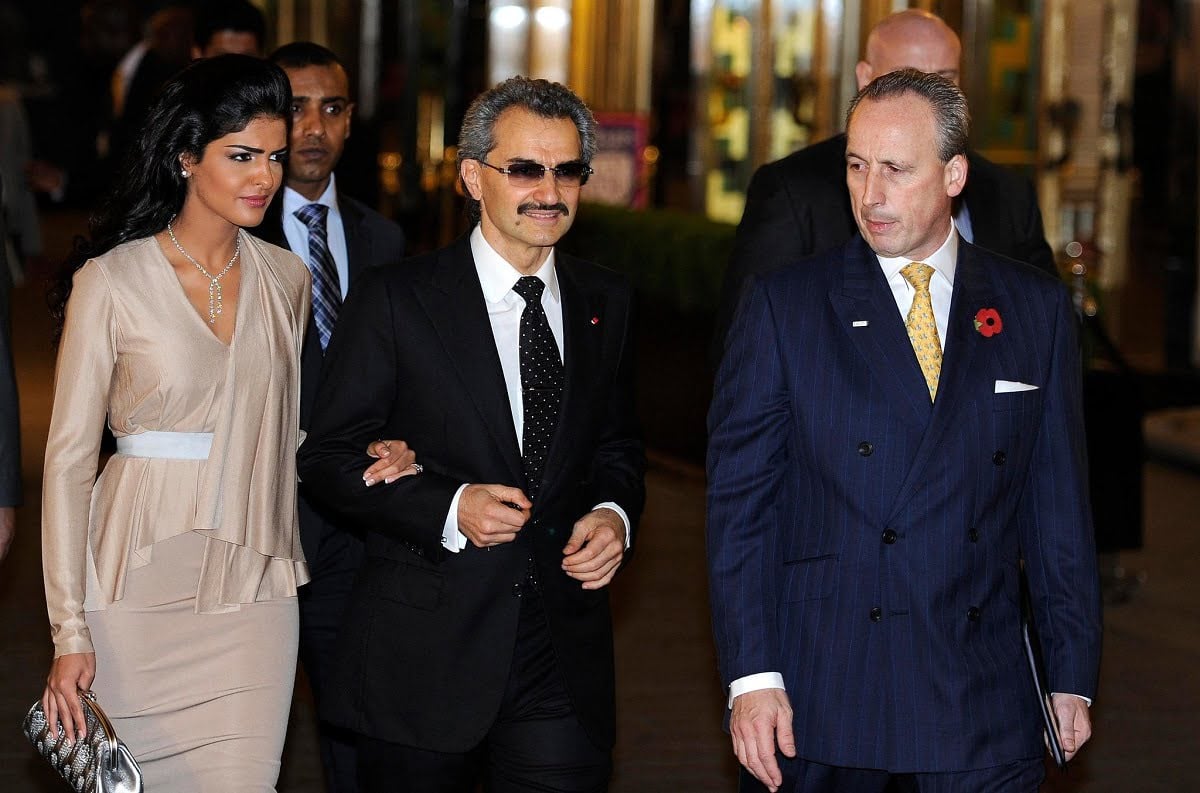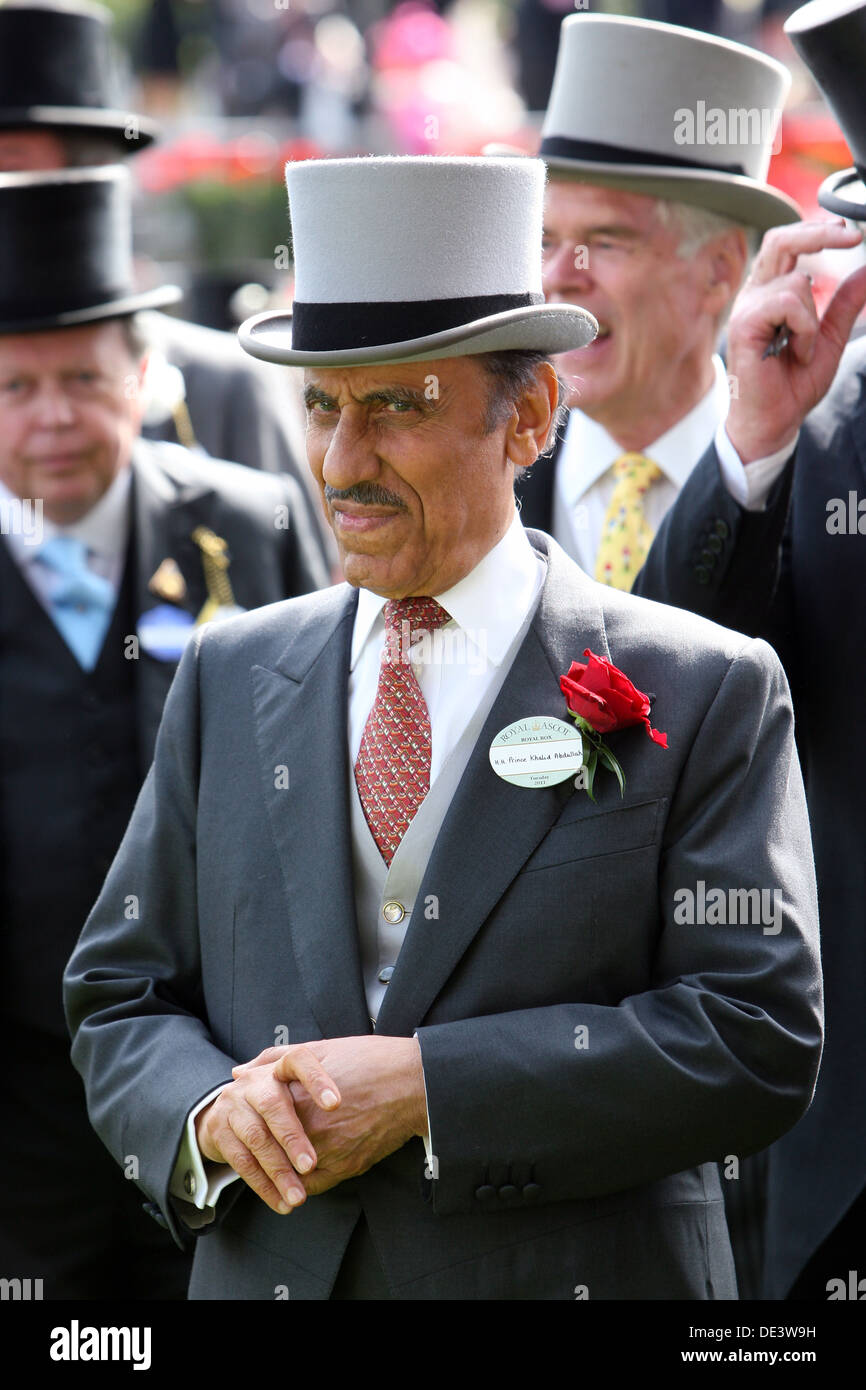Table Of Content
- Saudi Representative Attributes Gaza Conflict to Iranian Plot Undermining Israeli Reconciliation
- Miteb bin Abdullah al Saud
- Apar Industries Greenlights Middle East Expansion with Saudi Arabia Subsidiary
- The History of the House of Saud: A Timeline of the Saudi Royal Family and Their Rise to Power
- Timeline
I told Hamdi that I had corresponded with his friend Lindh, who served 17 years in federal prison in the United States before his release in 2019. These jihadists—people who recently would have sacrificed their life to take mine—had apparently been converted into office drones. Fifteen years ago, Saudi Arabia tried to deprogram them by sending them to debate clerics loyal to the government, who told the prisoners that they had misinterpreted Islam and needed to repent. But if this scene was to be believed, it turned out that terrorists didn’t need a learned debate about the will of God.
Who is Sara bint Mashour Al Saud? Everything you need to know - Tuko.co.ke
Who is Sara bint Mashour Al Saud? Everything you need to know.
Posted: Wed, 20 Dec 2023 08:00:00 GMT [source]
Saudi Representative Attributes Gaza Conflict to Iranian Plot Undermining Israeli Reconciliation
When the Saudis sense that the new U.S. president, George W. Bush, might abandon the peace process, they decide to take a more active role. As his father had decreed, King Faisal is succeeded by his half-brother Prince Khalid, who becomes the fourth king of Saudi Arabia. In 1948, King Abd al-Aziz sends Saudi forces to join an unsuccessful effort to destroy the nascent Jewish state. Saudi Arabia has since never officially recognized Israel, and is technically still at war with it.
Miteb bin Abdullah al Saud
The U.S. might, on the margins, be able to persuade MBS to use a softer touch—but only by first persuading him that he will be rewarded for his good behavior. And no persuasion will be possible at all without acknowledging that the game of thrones has concluded and he has won. Enghien’s schemes wouldn’t have stopped Napoleon, and Khashoggi’s columns wouldn’t have stopped MBS. But his murder was a warning about the personality of the man who will be running Saudi Arabia for the next half century, and it is reasonable to worry about that man even when most of what he does is good and long overdue. “Here, smell this,” a former member of al-Qaeda commanded me, sticking under my nose a paper strip blotted with a chemical I could not identify. Another prisoner, at the Power-run prison canteen, offered me free frozen yogurt.
Apar Industries Greenlights Middle East Expansion with Saudi Arabia Subsidiary
Khalid, in an effort to calm the protests, visited town to town and began changing policy to appease the protests, eventually his change in policy ended protests and brought protesters over to his side. Khalid was deeply invested in the lives of his subjects and led the country through significant domestic developments. The first was the Grand Mosque seizure of 1979, a violent and armed takeover of the Grand Mosque.

Inside The Extravagant Lifestyle Of World's Wealthiest Saudi Royal Family - News18
Inside The Extravagant Lifestyle Of World's Wealthiest Saudi Royal Family.
Posted: Thu, 27 Jul 2023 07:00:00 GMT [source]
Faisal secured the throne in 1964, after a protracted power struggle with his half brother King Saud, and turned the desert kingdom into a functioning modern state. He oversaw the rise of Saudi Arabia as a world energy powerhouse during the Arab oil embargo of the early 1970s. Abdullah became king in 2005 after spending a decade as an effective ruler of the country during the illness of King Fahd.

Fahd was the eldest of the so-called “Sudairi seven,” a powerful group of seven princes born to Ibn Saud’s favorite wife, Hassa bint Ahmad al-Sudairi. A leading member of the government and royal family from the 1960s onwards, Fahd modernized the kingdom’s infrastructure with grand projects, but allowed Islamic conservatives greater sway over education and society. King Fahd never fully recovered from a stroke in 1995, and gave his half-brother Abdullah de facto control of the kingdom more than a decade before his death in 2005. Upon his father's death in 1953, Saud ascended the throne and reorganized the government. He founded the convention that the king of Saudi Arabia presides over the Council of Ministers. Saud sought to maintain friendly relations with the United States, whilst also supporting other Arab countries in their conflicts against Israel.
White House national security spokesperson John Kirby later said that Israel had agreed to listen to US concerns and thoughts before it launches an invasion of Rafah. “They’ve assured us that they won’t go into Rafah until we’ve had a chance to really share our perspectives and our concerns with them,” Kirby told ABC. “What we’re hoping is that after six weeks of a temporary ceasefire, we can maybe get something more enduring in place,” Kirby said. “The Israelis have started to meet the commitments that (US) President (Joe) Biden asked them to meet,” he said.
“We didn’t have time to read the Islamic books … We didn’t have time to do anything but work to improve ourselves.” He was a specialist in Power’s media department, and could now produce videos of passable quality. My hyperactive interpreter, who had been gesticulating and yapping throughout the tour, was no ordinary jihadist. He was an American-born Saudi member of al-Qaeda named Yaser Esam Hamdi. Hamdi, now 41, emerged from a pile of rubble in northern Afghanistan in December 2001. His dear friend, pulled from the same rubble, was John Walker Lindh, the so-called American Taliban.
He also supported the Algerian revolution against France, diplomatically and financially. King Saud made a statement inviting people to donate money for the revolution; the donations amounted to $1,200,000. The government donated one million dollars of that amount in 1956, and the rest of the donations were granted yearly.
Although WWI raged, the Saudis did not act, preparing for the perfect time to launch an attack. Saud contributed to minor battles which allowed him to remove himself from significant involvement in the conflict. He offered total assistance to the Egyptian government, personally supervising operations and welcoming Egyptian combat planes into his country for their protection. Among the first to enlist were Fahd bin Abdulaziz, Sultan bin Abdulaziz, Salman bin Abdulaziz and King Saud's son Fahd bin Saud, along with many other princes. As a means of exerting pressure on the British and French governments, he used a weapon never used before, when he blocked oil exports, banning all British and French tankers and other tankers carrying Saudi oil to these two countries.
Abdullah pushed a program of cautious domestic reforms aimed at reconciling the kingdom’s conservative social identity with the needs of a modern economy. He responded to the 2011 Arab Spring by banning protests and supporting dictatorial allies in neighboring countries. King Saud and Prince Faisal continued their power struggle until 1962 when Prince Faisal formed a cabinet in the absence of the King, who had gone abroad for medical treatment. He promised a ten-point reform that included the drafting of the basic law, the abolition of slavery, and the establishment of a judicial council. King Saud had used this economic weapon for the first time although he was aware of the possible repercussions of such a procedure on the national economy.

No comments:
Post a Comment